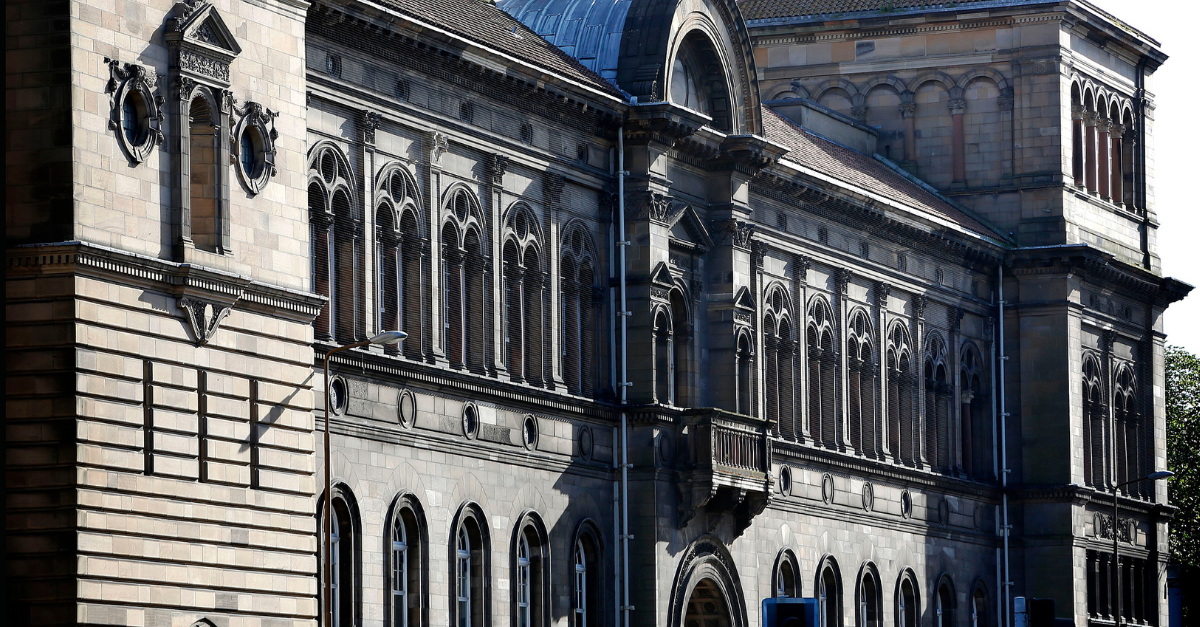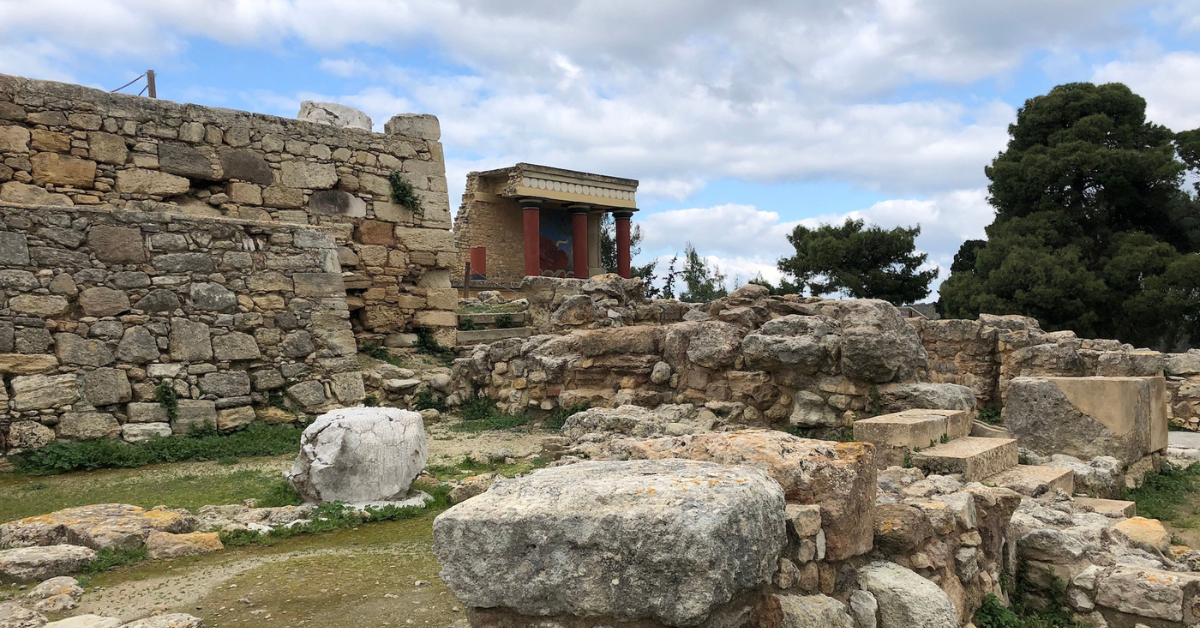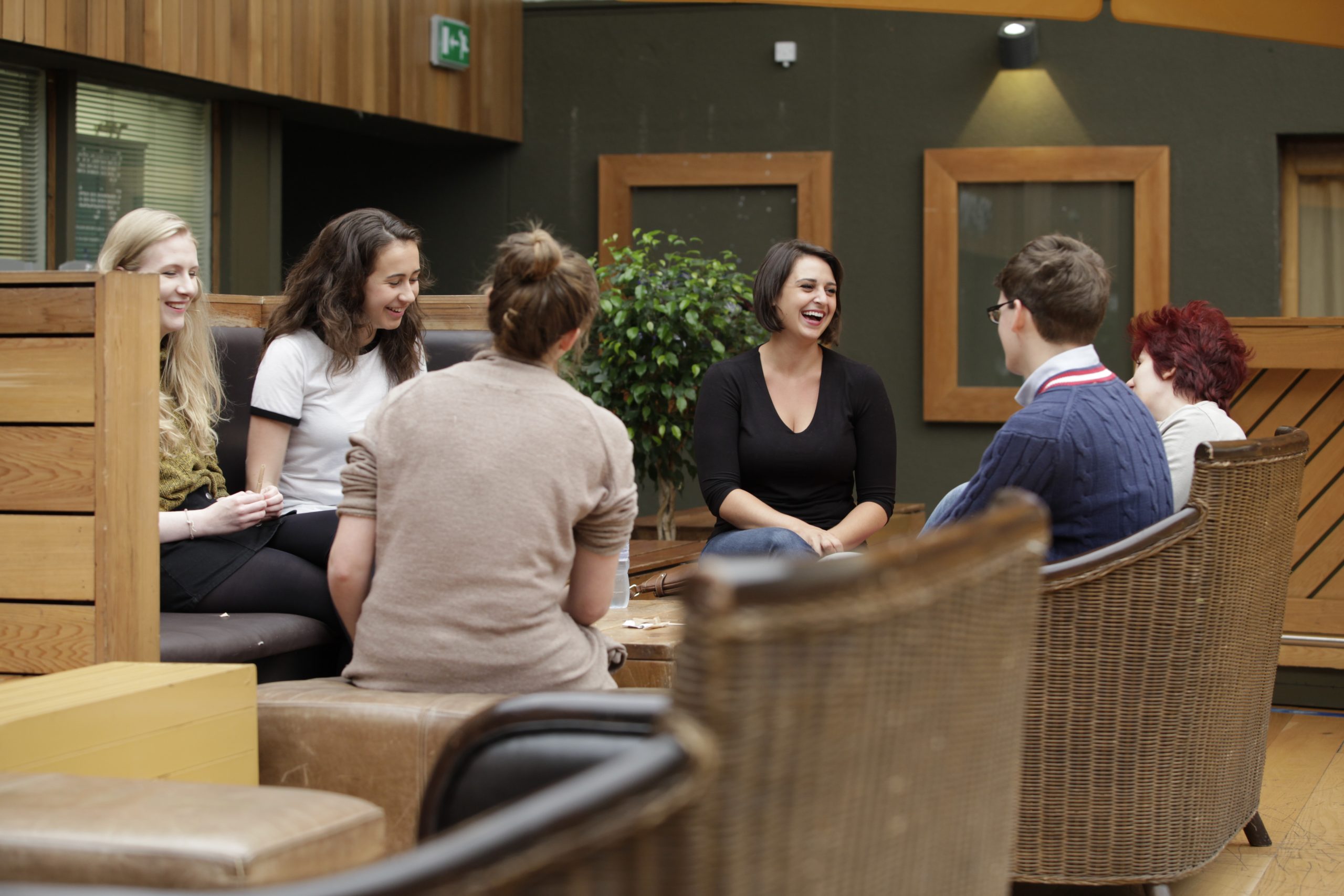Category: Classics
In this blog post, Tessa Warinner, wellbeing adviser at the School of History, Classics, and Archaeology, discusses ‘Burnout’ – a rising concern in academia. Tessa discusses what it feels like, its prevalence, impact, and signposts helpful resources for managing it. This post belongs to the Hot Topic theme: Critical insights into contemporary issues in Higher Education. I’m […]
Tanvi shares her experience of being an international student, and the supportive community of School of History, Classics and Archaeology. Student life in Edinburgh is colourful and multifaceted, and this is something that the University has continued to provide throughout my time as a student here. My experience at the School of History, Classics and Archaeology […]
One of the tried and tested ways of finding your feet at University is by joining a Society. Tristan – 3rd year MA (Hons) Ancient and Medieval History – started with a journal and ended up in Crete. Undoubtedly one of my biggest anxieties about enrolling at the University was whether I would fit in. […]
Much of university recruitment is aimed at school-leavers, but what if you are older or have been out of education for some time? Tristan – MA (Hons) Ancient and Medieval History – told us his story. In 2018, the University of Edinburgh launched its Access Programme as part of its Widening Participating Initiative. As a […]





